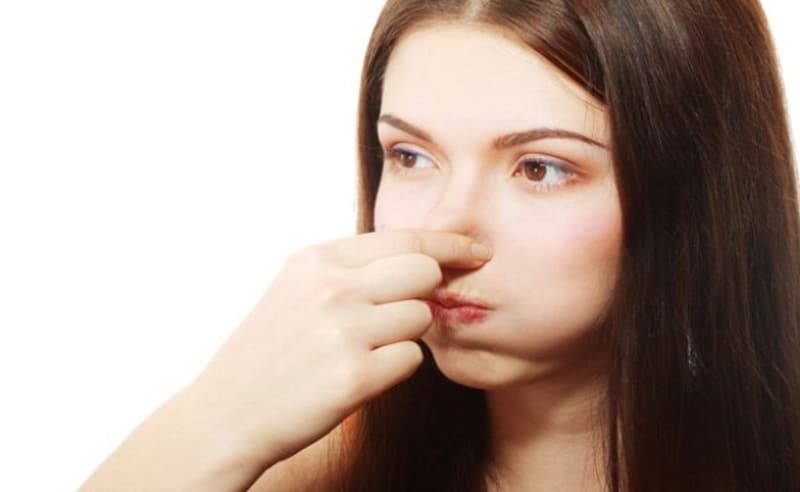If you’ve ever felt a strange sensation in your chest, like your heart was fluttering or beating different from usual, you may be suffering from heart palpitations. Heart palpitations are considered to be an irregularity in the beating of your heart. It can happen for just a few seconds or last for hours. This will depend on the situation and the main cause of the heart palpitations.
The causes behind heart palpitations vary from external stimulants to biological conditions (including hormonal). And even psychological factors can affect your heart rate. Among these causes, there are some frequent ones such as anemia, electrolyte imbalance and overactive thyroid. As well as anxiety (causing high levels of adrenaline in your body), low blood sugar, and the use of excessive nicotine or caffeine for example. All of these and many more can cause heart palpitations.
If your heart palpitations come together with other symptoms like fainting, chest pain, sweating, blurred vision, dizziness, and vomiting; we suggest you to refer to your doctor as it may indicate a more serious heart condition in itself.
However, if you only have heart palpitations from time to time, you don’t have to worry too much. In the following list, we will be discussing ten easy tricks to prevent and stop heart palpitations from happening. Helping you and your family to be on top of your health and enjoy your daily activities!

1. Heart Palpitations Remedy: Valsalva Manoeuvre
Warning: Do not use this Trick if you do have a heart disease. If you are unsure, please consult your physician before using this trick.
The Valsalva Manoeuvre is a very old technique to control and restore a normal heartbeat. It achieves this by stimulating the 10th cranial nerve (commonly called the Vagus nerve). The stimulation is caused by a physical intervention and leads the body to slowing the pace of the heart.
In order to do the Valsalva Manoeuvre correctly during heart palpitations, start by pinching your nose. Continue by closing your mouth, and then make the attempt to breathe out. You will not that your heart palpitations might increase at this point, don’t panic! This is a normal reaction for this manoeuvre to control heart palpitations. If you continue with this manoeuvre, your heart rate will then decrease.
Once it has decreased, stop reproducing these steps and breathe normally. This will control your heart rate and bring you back to a normal state. However, as mentioned above, should you have or believe to have heart disease, this manoeuvre is not suitable for you. It is very important to keep this in mind as this could cause you major harm. In order to know if you have heart disease, please note all your symptoms during heart palpitations. Some symptoms that may lead you to think of heart disease are dizziness, nausea, vomiting, fainting, sweating, or chest pain. Please do keep very good note of your generic symptoms during heart palpitations and communicate them to your doctor in order to prevent any further damage should there already be some.
If you have any doubts about your heart health and heart palpitations, it is always best to consult a physician. Otherwise, use the Valsalva Manoeuvre to calm your heart whenever it starts racing.
